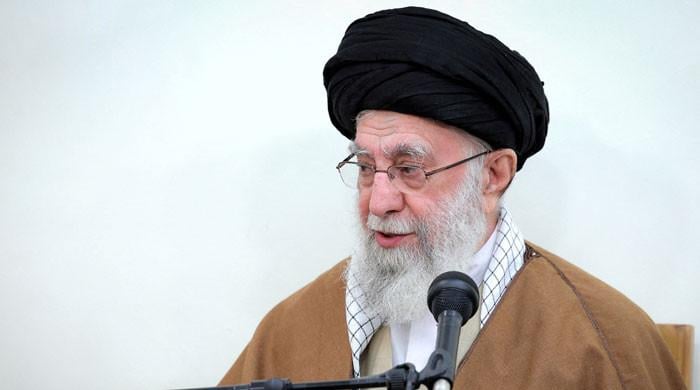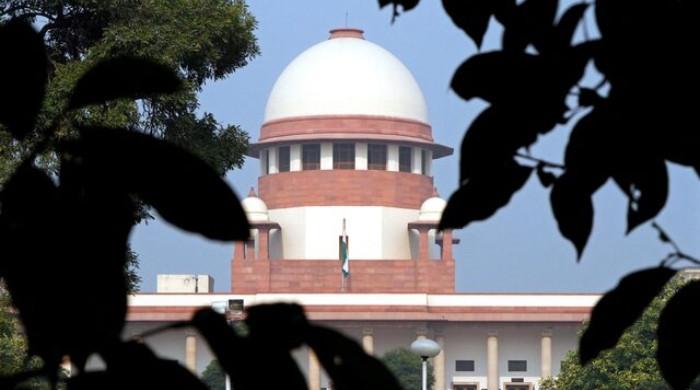Warsi speaks on racial, social prejudices
By Murtaza Ali ShahLONDON: UK Cabinet Minister Baroness Sayeeda Warsi has spoken about her personal journey to the top of British politics, the prejudices she encountered as a Pakistani and a Muslim...
February 18, 2012
LONDON: UK Cabinet Minister Baroness Sayeeda Warsi has spoken about her personal journey to the top of British politics, the prejudices she encountered as a Pakistani and a Muslim and the importance of women to social progress.
Delivering an inspirational lecture at an afternoon tea reception organised by the British Pakistani Foundation (BPF) at the House of Lord's Cholmondeley Terrace to a mainly female British Pakistani audience, Baroness Warsi told the audience how she faced numerous challenges growing up in the 1970/80s.
She said: "When I was growing up, as the daughter of Pakistani immigrants, the debate in my country was not about religion but race. As a teenager what shaped me was the obvious injustice of apartheid. In my student days I campaigned for racial equality. And in the years that followed I launched campaigns to bolster race relations." She added that after 9/11 her loyalty to her country was not in question because of her parents' Pakistani roots or the colour of her skin, but because of Islam.
Baroness Warsi also spoke at length about her interest in politics and a desire to bring real change to the country she loves. She recalled the difficult path this has taken. She said she was booed and jeered by a group of nearly 300 Pakistani men after she lost to a Labour politician during 2005 general election.
Baroness Warsi said in 2005, men in UK mosques even discussed whether it was permissible for a women to stand in an election or not, whether women could take up leadership positions or not. She said, every kind of racial, cultural and social prejudices came to the forefront during that campaign and it taught her a lot about life and its realities. She said her appointment by David Cameron to shadow cabinet in 2007, the first time that any Muslim in British history was appointed in such a role, was a watershed moment for Muslims in Britain. Looking back, she said she couldn't have imagined she would end up where she is today, serving as the Cabinet Minister and as the chairman of the Conservative Party.
She said women faced severe challenges, in Pakistan and elsewhere, and needed help to overcome what she called the 'fear of failure'. She narrated how the late Benazir Bhutto told her that once you have overcome the fear of losing can you begin to win the argument. Baroness Warsi urged women to help one another but most importantly make sure they were helping the next generation.
Executive Director of British Pakistan Foundation Suniya Qureshi and Asif Rangoonwala, Chairman of the British Pakistan Foundation also spoke on the occasion.











